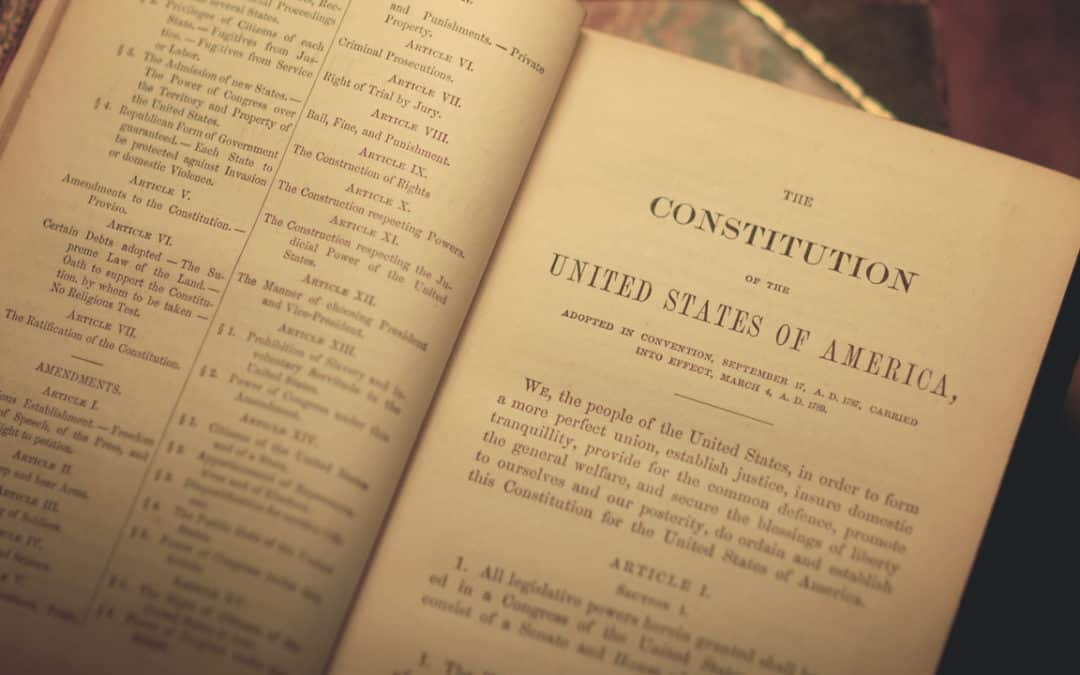


Today in History: James Wilson Delivers “State House Yard Speech” in Favor of the Constitution
On October 6, 1787, eminent Pennsylvanian James Wilson delivered his famous “State House Yard Speech” in support of the Constitution in Philadelphia. On the dawn of the first true test for the Constitution’s palatability, Wilson intended to explain how the...
